The reason why Indian Penal Code 420 has to go after 164 years


Send us your feedback to audioarticles@vaarta.com



Section 420, the once ubiquitous term synonymous with cheating and dishonesty in India, has officially exited the legal landscape. Replaced by Section 318 in the new Bharatiya Nyaya Sanhita (BNS), the familiar "420" will now only be a relic of the past, leaving behind a void in the country's legal and cultural fabric.
The news sparked a wave of nostalgia on social media, with users lamenting the disappearance of a term that had permeated everyday conversations, even transcending the legal domain. "Now so-and-so is no longer 420, they have become 318," quipped one X user, highlighting the cultural impact of the change.
Veteran lawyer and MP Mahesh Jethmalani echoed this sentiment, confessing that he would miss the familiar Section 420. "It's imprinted in our minds," he said, reflecting the enduring legacy of the provision.
Introduced in 1860, Section 420 was instrumental in tackling fraud and cheating in the early days of British rule in India. Over time, it became a cornerstone of the country's criminal justice system, appearing in countless cases involving forgery, scams, and other forms of deception.
Beyond legal circles, Section 420 cemented itself in popular culture. Politicians wielded it as a weapon against opponents, while Bollywood filmmakers immortalized it in iconic films like "Shree 420" and "Chachi 420." Even Punjabi pop star Bohemia paid homage to the infamous Section in a song of the same name.
The term entered the vernacular, becoming a common idiom for describing cunning or deceitful individuals. Parents used it to warn children against dishonest behavior, uttering the cautionary phrase "charsaubeesi maat karo."
While Section 420 has officially been relegated to the annals of history, its cultural legacy is likely to endure. It remains to be seen whether Section 318 will achieve the same level of notoriety, becoming a household name like its predecessor. One thing is certain, the "420" era has left an indelible mark on Indian society, a mark that may never be fully erased.
Follow us on Google News and stay updated with the latest!
-

Devan Karthik
Contact at support@indiaglitz.com




 Follow
Follow









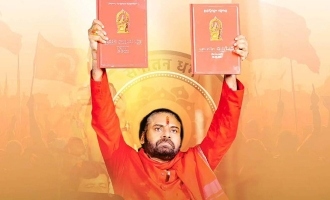












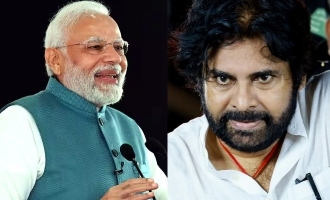


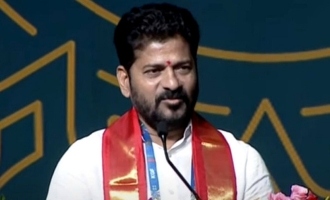








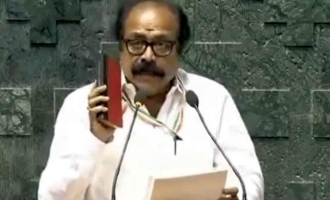




-7c2.jpg)







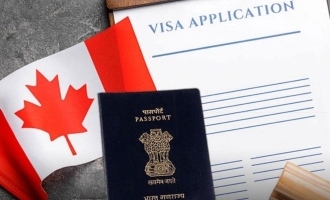










Comments